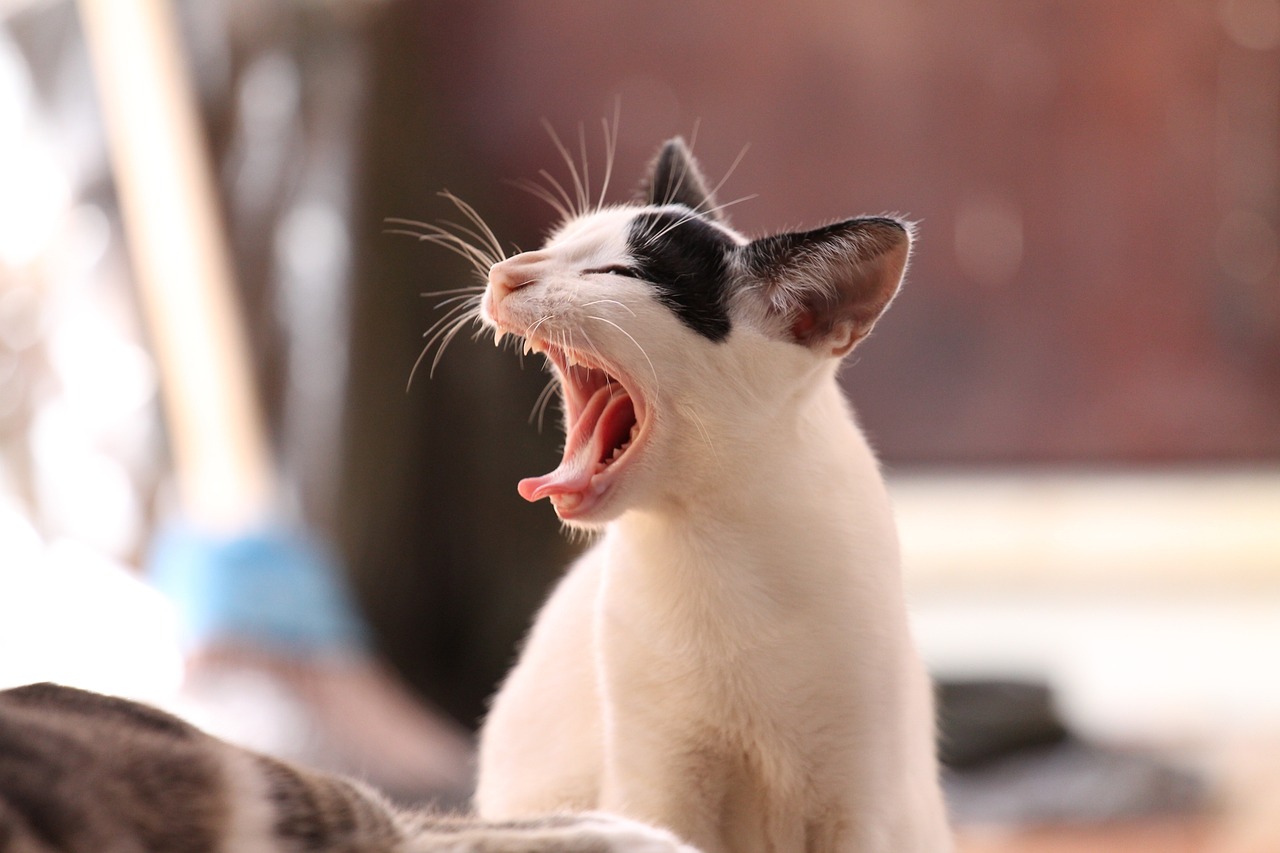
Cats are enigmatic creatures with a rich tapestry of sensory experiences. Among their impressive array of senses, their sense of smell stands out as particularly acute. While you might enjoy the aroma of fresh coffee or the fragrance of blooming roses, there are certain scents that can send your feline friend into a frenzy. In this article, we’ll explore the smells that make cats freak out, uncovering the science behind their aversions and offering tips on how to manage these reactions.
Introduction: The Mysterious Nose of a Cat
Cats have a heightened sense of smell compared to humans. This heightened olfactory capability helps them navigate their environment, detect predators, and find food. However, not all scents are welcomed with open paws. Some smells can be so overwhelming or unpleasant to cats that they trigger a strong aversion, leading to behaviors like hiding, hissing, or frantic pawing.
Understanding these smells can help you create a more cat-friendly environment and avoid unintentional stress for your feline friend. Let’s dive into the scents that make cats freak out and why these aromas provoke such intense reactions.
The Sensory Sensitivity of Cats
How Cats Use Their Sense of Smell
Cats have approximately 50 to 80 million olfactory receptors in their noses, compared to about 5 million in humans. This vast number of receptors allows them to detect and differentiate a wide range of smells. Here’s how their sense of smell plays a crucial role in their lives:
- Hunting and Foraging: Cats use their sense of smell to locate prey and assess the freshness of food.
- Communication: They use scent to mark their territory and identify other cats.
- Navigation: Smell helps them recognize familiar places and find their way home.
The Impact of Strong Scents
Certain smells can overwhelm a cat’s highly sensitive nose, leading to stress or discomfort. When exposed to these strong odors, cats may exhibit behaviors such as:
- Escaping or Hiding: Retreating to a safe space to avoid the unpleasant smell.
- Hissing or Growling: Vocalizing their displeasure or fear.
- Excessive Grooming: Trying to rid themselves of the scent.
Common Scents That Cats Find Disturbing
1. Citrus Scents
Why Cats Dislike Citrus
Citrus fruits like lemons, oranges, and grapefruits have a sharp, tangy scent that can be particularly offensive to cats. The compounds responsible for this strong aroma, such as limonene and linalool, can be irritating to their sensitive noses.
How to Handle Citrus Aversion
- Avoid Citrus-Based Products: Refrain from using citrus-scented cleaners or air fresheners around your cat.
- Use Alternatives: Opt for cat-safe scents like lavender or chamomile if you need to mask odors.
2. Strong Spices
The Spicy Situation
Spices such as cinnamon, pepper, and cloves can create potent aromas that are far too intense for feline noses. These spices often contain essential oils that can be overwhelming or even harmful to cats.
Managing Spice-Related Issues
- Keep Spices Stored: Store spices securely and out of reach to prevent accidental exposure.
- Ventilation: Ensure good ventilation when cooking with strong spices to reduce lingering odors.
3. Vinegar
Why Vinegar is Unpleasant
Vinegar has a pungent, acidic smell that can be off-putting to cats. The strong acetic acid in vinegar is not only irritating but also has a lasting presence that can disturb your cat.
Tips for Using Vinegar
- Dilution: If you must use vinegar, dilute it with water to reduce its intensity.
- Ventilate: Ensure proper ventilation to disperse the smell quickly.
4. Artificial Scents
The Downside of Artificial Fragrances
Artificial scents in air fresheners, perfumes, and cleaning products can contain a variety of chemicals that are not only unpleasant but potentially harmful to cats. These scents can cause respiratory issues or allergic reactions.
Choosing Cat-Friendly Products
- Opt for Natural Products: Use natural, unscented cleaning products.
- Read Labels: Avoid products with strong chemical fragrances.
5. Essential Oils
The Dangers of Essential Oils
Essential oils, such as tea tree oil, eucalyptus, and peppermint, are concentrated and can be toxic to cats if ingested or inhaled. Their strong scents can also cause respiratory irritation.
Safe Use of Essential Oils
- Avoid Direct Exposure: Do not use essential oils in areas where your cat spends time.
- Consult Your Vet: If you use essential oils for therapeutic purposes, consult your veterinarian for safe practices.
How to Help Your Cat Cope with Unpleasant Smells
Creating a Cat-Friendly Environment
To ensure your cat feels safe and comfortable, follow these tips:
- Proper Ventilation: Keep rooms well-ventilated to disperse any strong odors.
- Safe Zones: Provide your cat with safe spaces where they can retreat if they find a smell unpleasant.
Monitoring Reactions
Observe your cat’s behavior closely when introducing new scents into their environment. If you notice signs of distress, take steps to remove or reduce the offending odor.
Consulting a Veterinarian
If your cat shows severe reactions or if you’re unsure about certain scents, consulting with a veterinarian can provide additional guidance and peace of mind.
Conclusion: Understanding and Respecting Feline Sensitivities
Cats are incredibly sensitive to their environment, and their heightened sense of smell plays a crucial role in their daily lives. By understanding which smells can make cats freak out and taking steps to minimize their exposure to these odors, you can create a more comfortable and harmonious living space for your feline friend.
Respecting their sensory needs not only helps in maintaining their well-being but also strengthens the bond you share with your furry companion. So next time you’re about to use that strong-smelling cleaner or spice up your kitchen, remember to consider your cat’s perspective and keep their sensitivities in mind.